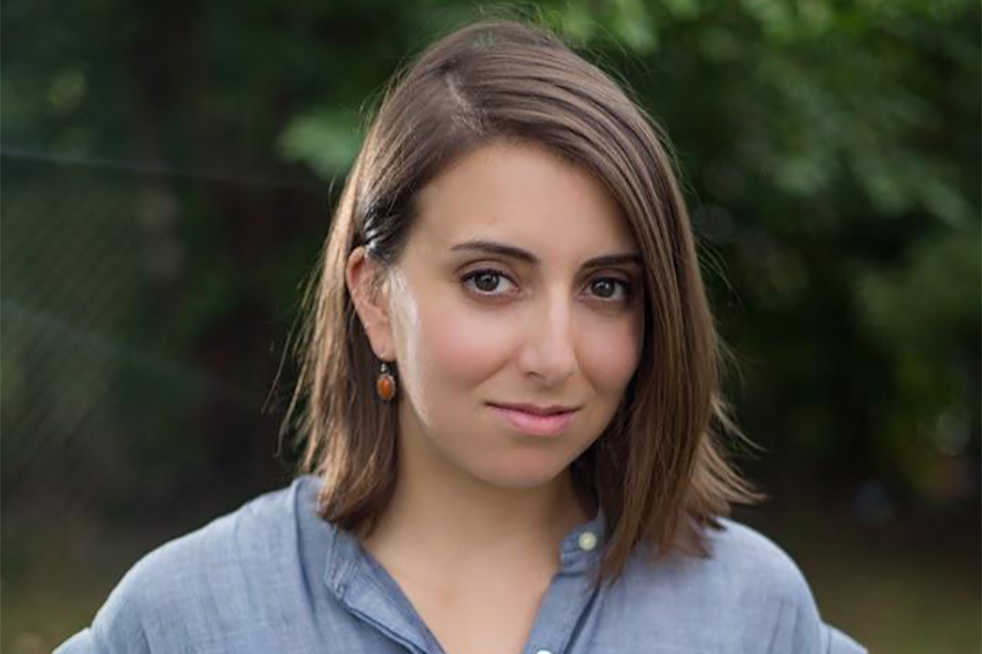For generations, society has been trying to answer the complex issue of what it means to be human. Is it flesh and bone or soul? Or is it the mind that ultimately defines your existence?
“And Again” is the incredible debut novel by Jessica Chiarella released in January earlier this year. Promoted as a science-fiction/dystopian look at human cloning, the novel is less sci-fi and more a character study of four individuals grasping at a second chance at life, which turns out to be a rather daunting prospect.
In the ultimate lottery, SUBLife has chosen four terminally-ill patients to have their consciousness transferred into perfectly cloned bodies as part of their pilot program to save lives, but the metamorphosis is too perfect.
While attempting to integrate into their previous lives, each character is forced to adjust to a body that, in reality, is not their own. Muscle memory is gone, sensory perceptions are new, tastes buds are those of a new born infant, and even their fingerprints have changed.
Generic in its basic premise, Chiarella could have played it safe and created a sci-fi thriller that perhaps would have appealed to a wider audience. Instead, she produces a deeply engaging perspective into the lives of Hannah, Connie, David and Linda as they struggle to return to their old lives and relationships while adjusting to their “new” bodies.
Chiarella first introduces Hannah, the artist, who has lost her unique ability to realize her inspirations on canvass. With the loss of her gift, the one distinguishing quality of her life that allows her to sustain her otherwise ordinary life, where will she turn? And can Tom, the devoted husband and father, fulfill her emotional and physical needs?
Connie, the beautiful bombshell, has only known the life of what her beauty and sexuality can attain, and what that kind of life cost her. Infected with a resistant strain of HIV, the former actress must decide if she will use her Grace Kelly good looks to get back into the business, or if she can find some attribute within herself to obtain the self-respect she so desperately needs.
David, crooked Congressman and part-time Christian, wrestles with the promise to his wife that the procedure will be an opportunity to amend his old habits. While others seem to have lost a part of themselves that made them who they were, David is resigned to facing the fact that his old habits will forever be plaguing his existence.
Linda, paralysed from the nose down due to an auto accident, spent eight years surrounded by four walls and one old television, blinking once for no and twice for yes. Fighting for what was simple in her life, Linda is thrust into a life that continued without her.
The inspired choosing of the book’s four characters leads the reader into a state of introspection and speculation. How much of our true selves do we sacrifice for the ones we love or for the success we crave?
The secret desire to be selfish seems to be the root of what Chiarella believes is the most basic of human nature. Unable to appreciate what has been given to them, Hannah and David’s self-centeredness led to the destruction of their relationships. Though frustrating at times, their stories have such a truth to them that it makes the reader question his or her own selfishness and what would happen if decisions could be made without regard to consequences.
Linda, on the other hand, is the most poignant character, and as such, is so heartfelt and beautifully written that it takes little imagination to understand her need to maintain the simple life she had for so many years, and the selfishness required to endure through this trial.
However, it is the most unexpected character who captivates the reader. Connie, who at first glance is the epitome of egocentricity, develops into a character with such depth and personality that the reader cannot help but want to reach out a hand and comfort her.
Chiarella does delve into some interesting questions as to the moral implications of cloning, but contrary to what was expected, Chiarella refused to use this novel as a platform for her beliefs in the morality of stem-cell and cloning research. While briefly addressing the issue, “How do you believe in God and also choose to defy everything you’ve been taught to believe?” Chiarella masterfully presented a different, thought-provoking perspective of each character’s viewpoint.
“I’ll tell you and anyone else the same thing. That God put a gun to my head and asked me what I was willing to do to save myself, to save this life that he gave me. And I answered that I would do anything.”
The fully fledged, complex characters capture the heart leaving the reader only momentarily disappointed that “And Again” was not the science-fiction it was purported. The emotions are raw, the personal conflicts are genuine, and the idea that this could really happen is hauntingly realistic.
